With enthusiasm, let’s navigate through the intriguing topic related to How to Create a Blog Post That Sells: A Step-by-Step Guide. Let’s weave interesting information and offer fresh perspectives to the readers.
How to Create a Blog Post That Sells: A Step-by-Step Guide

Introduction
In today’s digital age, creating a blog post that effectively showcases the value of your product or service is essential for driving traffic, generating leads, and increasing sales. However, simply writing a post about your product’s features and benefits is not enough. To truly capture your ideal customer’s attention and create a sense of urgency that drives action, you need to craft a compelling and persuasive piece of content that speaks directly to their pain points and demonstrates how your product or service can solve them.
In this step-by-step guide, we will walk you through the process of creating a blog post that effectively showcases the value of your product or service and creates a sense of urgency that drives action. We will cover everything from identifying your target audience and understanding their pain points to writing compelling headlines and calls to action.
Step 1: Identify Your Target Audience
The first step to creating a successful blog post is to identify your target audience. Who are you trying to reach with your post? What are their demographics, interests, and needs? Once you understand your target audience, you can tailor your content to their specific needs and interests.
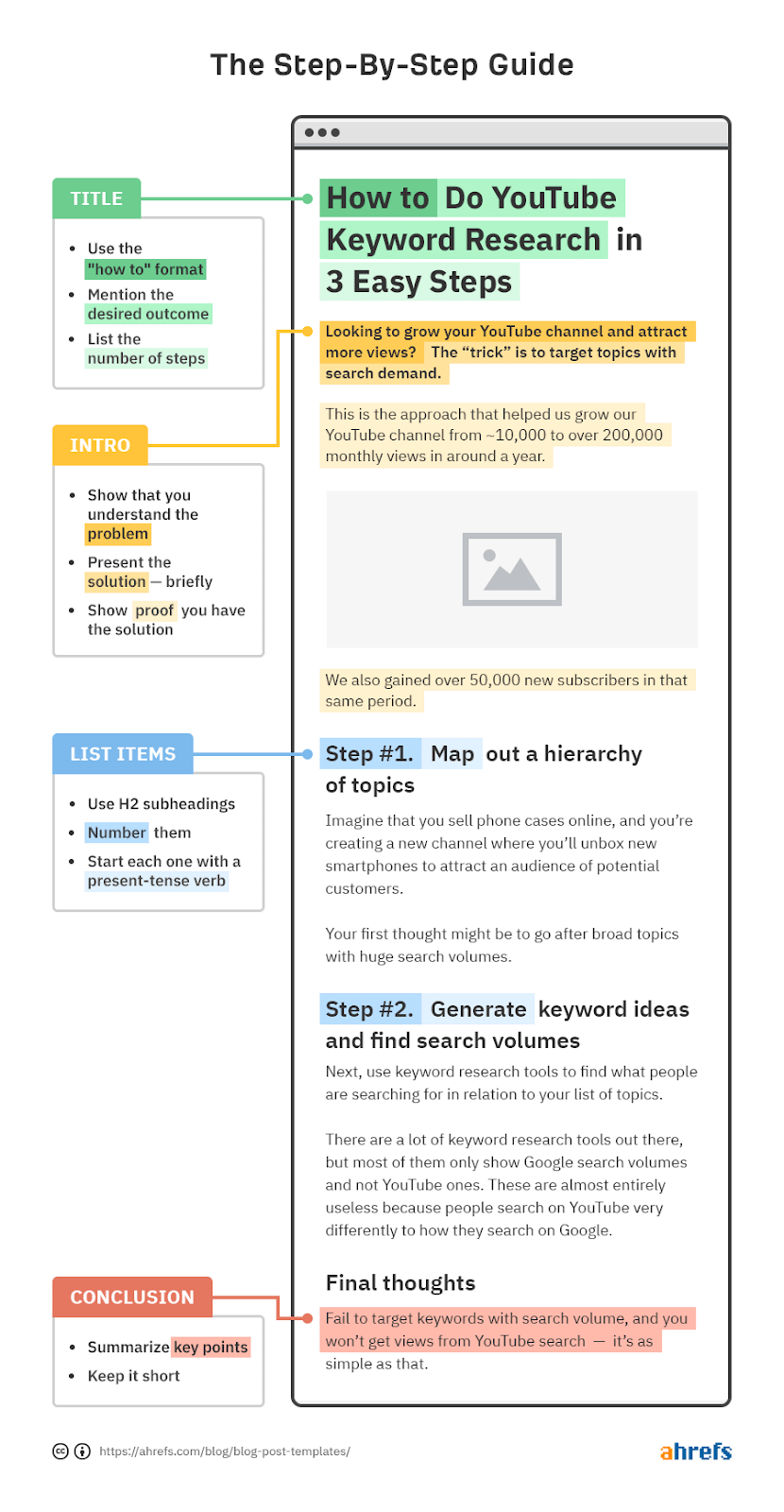
Step 2: Understand Your Target Audience’s Pain Points
Once you know who your target audience is, you need to understand their pain points. What are the challenges they face? What are their frustrations? What are they looking for in a solution? Once you understand your target audience’s pain points, you can position your product or service as the solution to their problems.
Step 3: Write a Compelling Headline
Your headline is the first thing your readers will see, so it’s important to make it count. Your headline should be attention-grabbing, informative, and relevant to your target audience’s interests. It should also create a sense of urgency and make your readers want to learn more.
Step 4: Write a Strong Introduction

Your introduction should hook your readers and make them want to read more. It should provide a brief overview of your topic and explain why it’s important to your readers. Your introduction should also include a call to action, telling your readers what you want them to do next.
Step 5: Provide Valuable Content
The body of your blog post should provide valuable content that is relevant to your target audience’s interests and needs. Your content should be well-written, informative, and engaging. It should also be formatted in a way that is easy to read and skim.
Step 6: Use Visuals
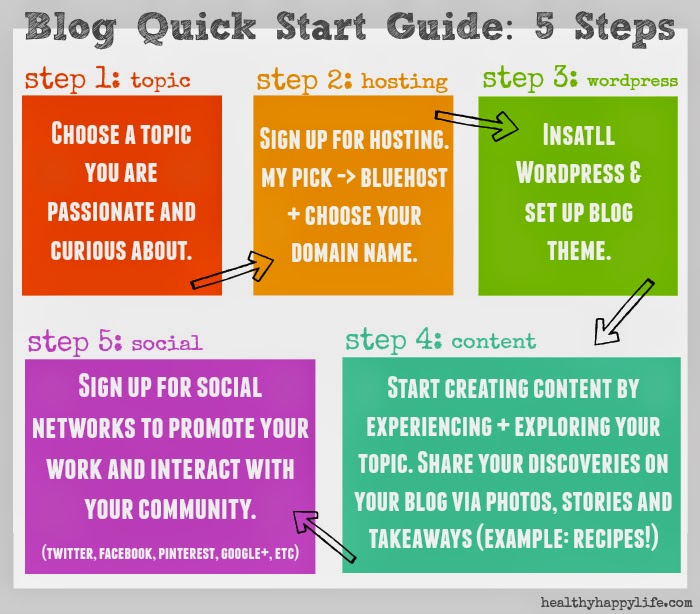
Visuals can help to break up your text and make your blog post more visually appealing. They can also help to illustrate your points and make your content more memorable. Use images, graphs, charts, and videos to make your blog post more engaging and effective.
Step 7: Create a Call to Action
Your call to action is the final step in your blog post. It tells your readers what you want them to do next, whether it’s to download a free guide, sign up for a free trial, or make a purchase. Your call to action should be clear, concise, and easy to follow.
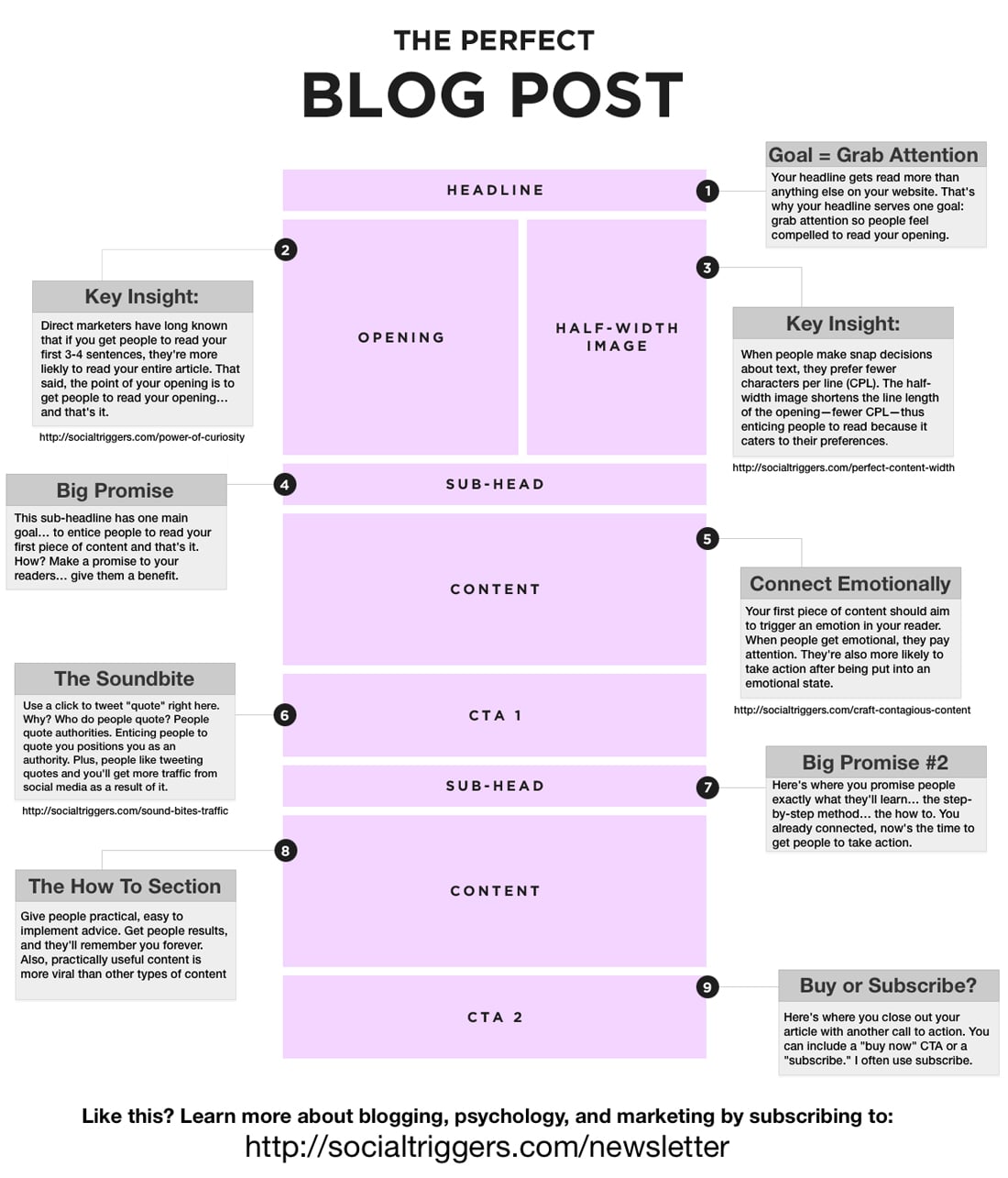
Conclusion
Creating a blog post that effectively showcases the value of your product or service and creates a sense of urgency that drives action is essential for driving traffic, generating leads, and increasing sales. By following the steps outlined in this guide, you can create a blog post that will capture your target audience’s attention, provide valuable content, and drive action.

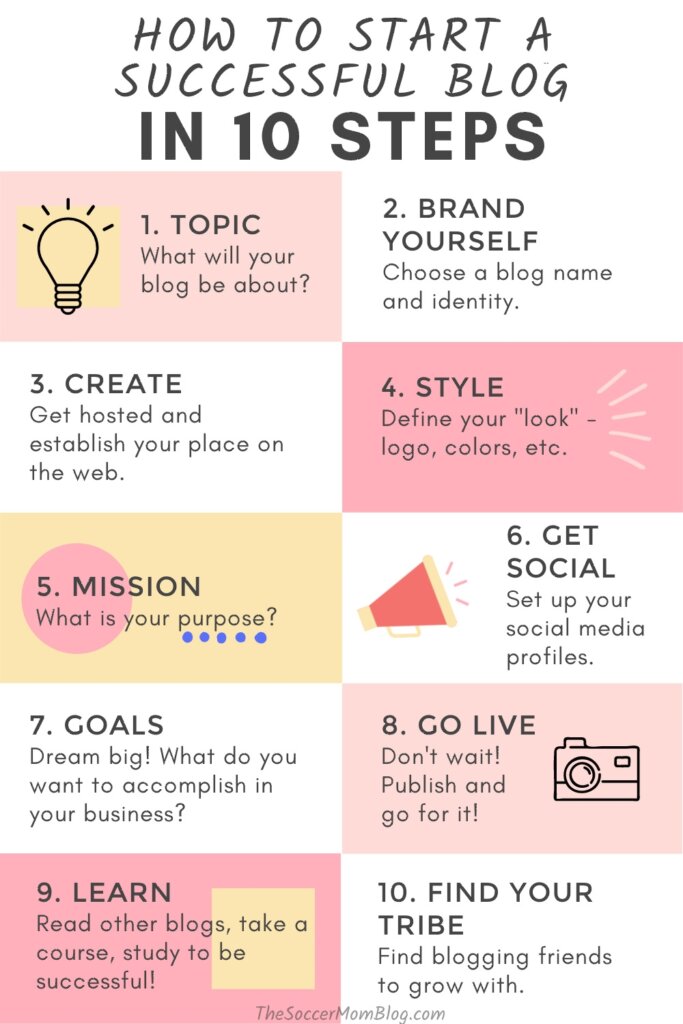
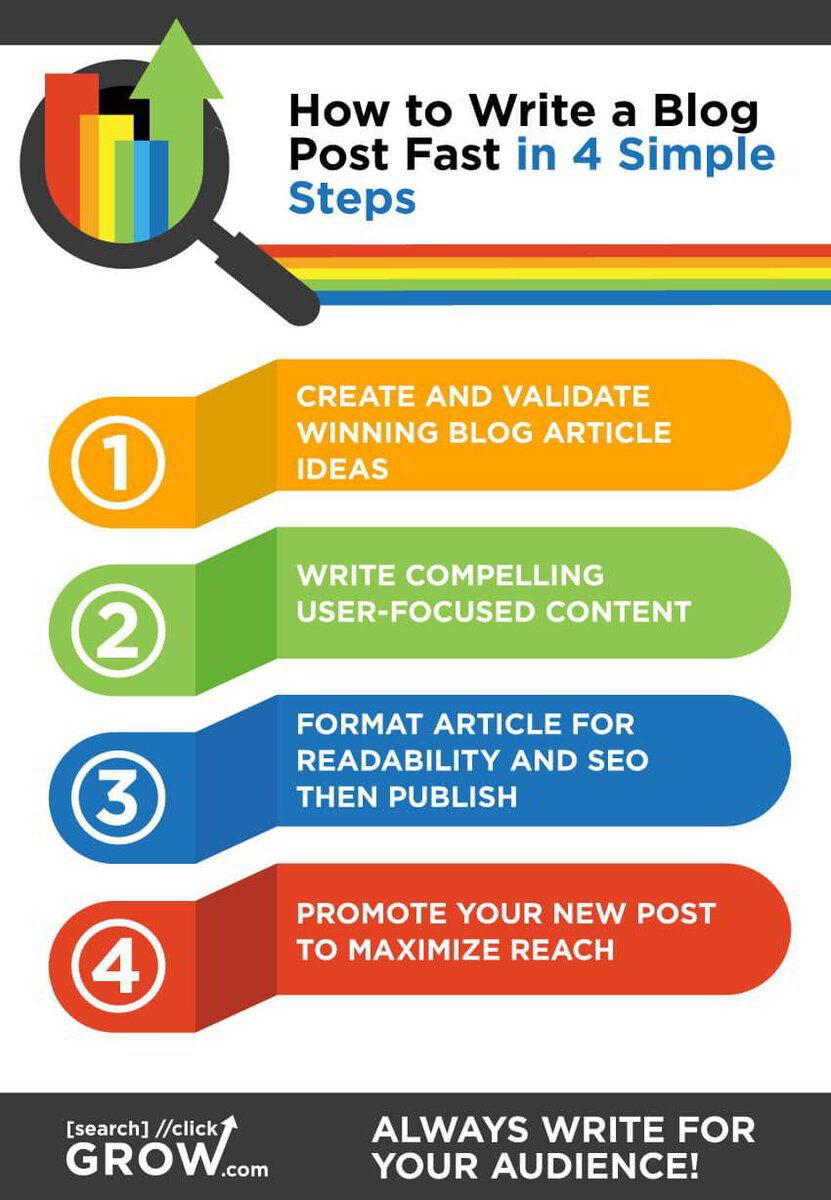


Closure
Thus, we hope this article has provided valuable insights into How to Create a Blog Post That Sells: A Step-by-Step Guide. We hope you find this article informative and beneficial. See you in our next article!
